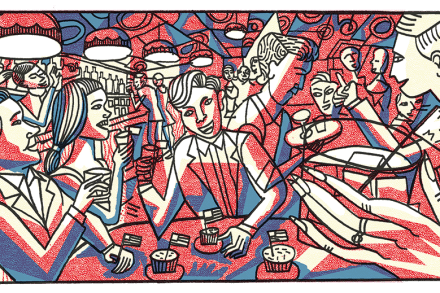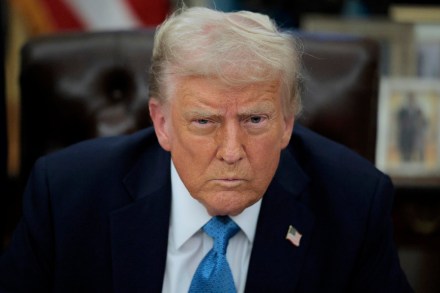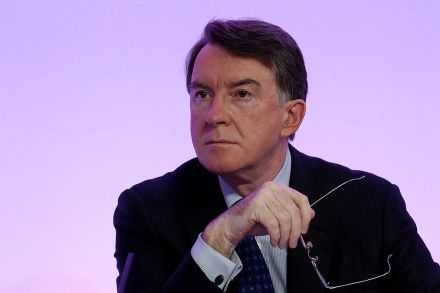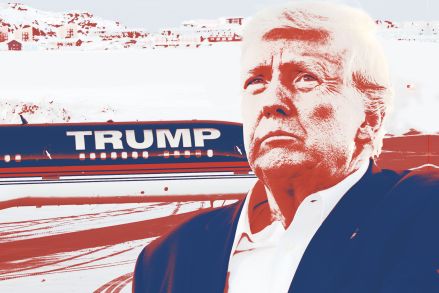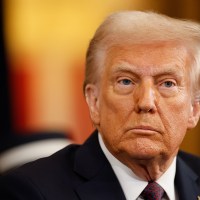MAGA Kids: How America’s youth went right
Washington, D.C. ‘What made you open a restaurant?’ I ask Bart Hutchins, the owner of Butterworth’s, a French-style bistro turned Republican hangout, frequented by the youthful wings of the Grand Old Party. It’s home to figures from the intellectual right such as Curtis Yarvin and darlings of New Right media including Natalie Winters, the increasingly slim White House correspondent for Steve Bannon’s War Room podcast. ‘Have you read Death in the Afternoon?’ Bart says. ‘No,’ I say. ‘It’s by Hemingway.’ ‘I know.’ Bart pulls his phone out and starts to recite a few lines: ‘In cafés where the boys are never wrong; in cafés where they are all brave; in
